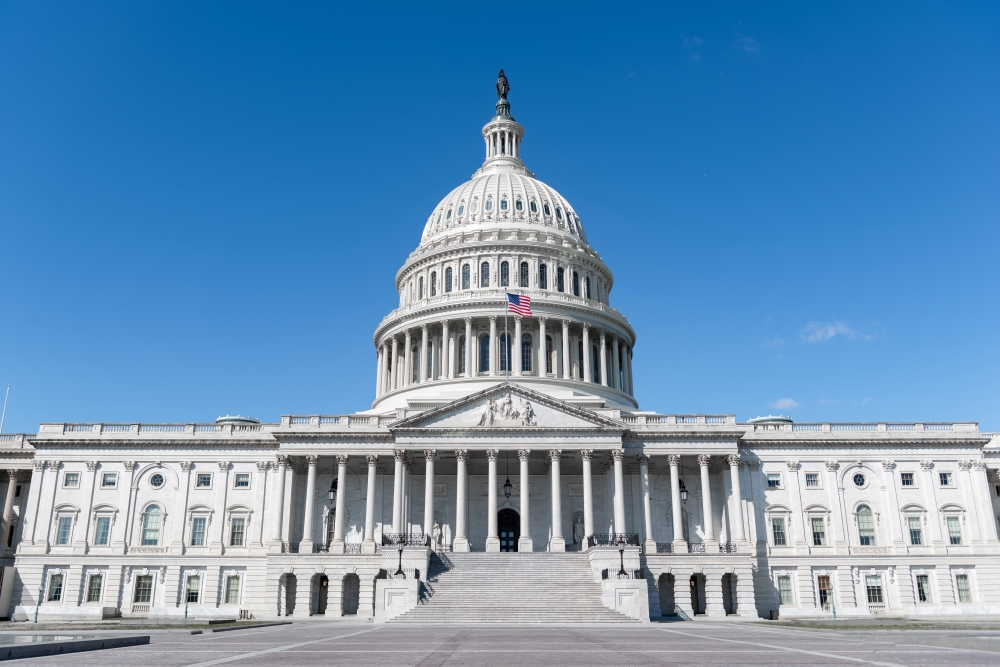GOP Reconciliation Bill Expected to Clear Final Hurdle

On Thursday, the House passed the One Big Beautiful Bill Act (H.R. 1) in a narrow 218–214 vote, marking a significant win for Republicans ahead of the July 4th holiday. The Senate approved the bill earlier in the week with a 51–50 vote, with Vice President J.D. Vance casting the tie-breaking vote. While Democrats lacked the numbers to stop the bill, they forced a 24-hour amendment marathon in the Senate and saw House Minority Leader Hakeem Jeffries speak for nearly nine hours in a last-ditch effort to delay its passage.
The sweeping reconciliation package includes several provisions with major implications for agriculture. Approximately $65 billion in funding—normally reserved for a traditional Farm Bill—was instead incorporated into this legislation.
The wide-ranging reconciliation bill includes a number of provisions expected to impact the agricultural industry (see here for a readout from the American Farm Bureau Federation). Roughly $65 billion in funding that would typically be seen in a traditional Farm Bill were instead included here. This includes increases in Title I reference prices; some expanded protections for crop insurance programs (as well as much-need Adjusted Gross Income changes that should benefit California producers); increased funding for the Specialty Crop Block Grant Program and certain pest and disease programs; reauthorization of several conservation programs such as EQIP, ACEP, and RCPP; and new funds for expanded trade programs, amongst others. Because of legislative rules around reconciliation bills, a number of Farm Bill-related provisions were unable to be included, meaning work continues on this front.
Due to procedural limits on what can be included in reconciliation bills, many Farm Bill priorities were left out, and work continues on standalone Farm Bill legislation.
In addition, the bill extends several tax provisions originally passed under the Tac Cuts and Jobs Act of 2017. The estate tax exemption of $15 million per individual is now permanently extended, as is the standard deduction rate. The cap on State and Local Tax (SALT) deductions was also increased, which will benefit California residents. Members are encouraged to examine AFBF’s pieces for more details. Staff contact: Matthew Viohl, mviohl@cfbf.com




.svg.png?cacheid=0.9616018850896426)